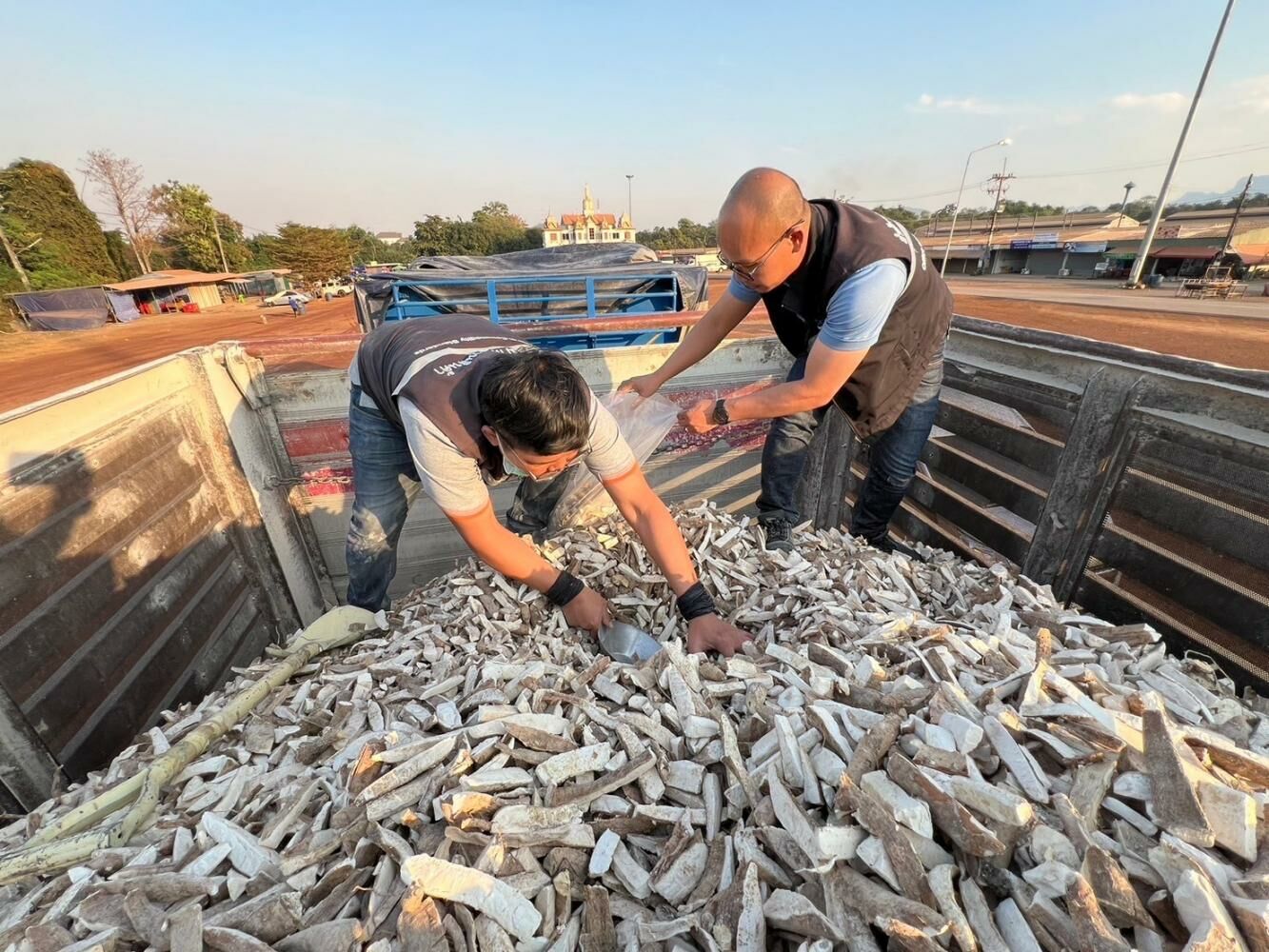Foreign trade dept tightens inspection of tapioca chip imports

Tightened inspections of tapioca chip imports are being enforced by the Foreign Trade Department, following the discovery of a dozen importers smuggling in substandard chips. Ronnarong Phoolpipat, the department’s director-general, revealed that the department had increased inspections at national border areas since November, being the peak sales period for tapioca chips. The operations aim to address a persistent smuggling issue that could potentially affect domestic tapioca prices.
The department’s inspection teams started operations in mid-January, identifying importers of low-grade tapioca chips at Chong Mek and Bueng Kan checkpoints in Ubon Ratchathani province. From last November, 15 importers have been penalised for bringing in low-quality tapioca chips by temporarily suspending their imports, Ronnarong stated.
“Tapioca is considered a crucial agricultural commodity, providing a livelihood for more than 500,000 households. If low-quality tapioca chips are allowed to enter the country, it will affect the domestic tapioca price, causing significant distress to a large number of farmers.
“The department prioritises maintaining quality standards. If any checkpoint is found allowing low-quality tapioca chip imports or if importers do not cooperate with inspection teams, the department will order increased inspections at that checkpoint.”
Ronnarong further explained that the Foreign Trade Department and the Internal Trade Department have been monitoring tapioca products, as substandard items could plummet domestic prices and tarnish the crop’s reputation and export potential.
Penalties for the smuggling or undisclosed transportation of agricultural products include up to five years in prison, a fine of up to 100,000 baht, or both. If buyers exploit the market by undercutting prices, the penalties may increase to up to seven years in jail, a fine of up to 140,000 baht (US$3,875), or both, reported Bangkok Post.
In 2023, Thailand saw a decline in its export of tapioca products, totalling 8.65 million tonnes and valued at 127 billion baht. This 23.0% and 16.6% respective decrease was attributed to reduced production due to the cassava mosaic virus and drought impact.
For the 2023/24 crop year, Thailand’s tapioca production is estimated at 27.9 million tonnes, showing a 9.08% drop from the previous season. The Foreign Trade Department and farmers project a 12% decline in exports, down to 7.6 million tonnes.
In related news, a recent expose by the Phaya Naga Special Task Force revealed evidence linking a smuggling operation importing illicit pork into Thailand, prompting legal actions and international investigations.
Latest Thailand News
Follow The Thaiger on Google News:


























